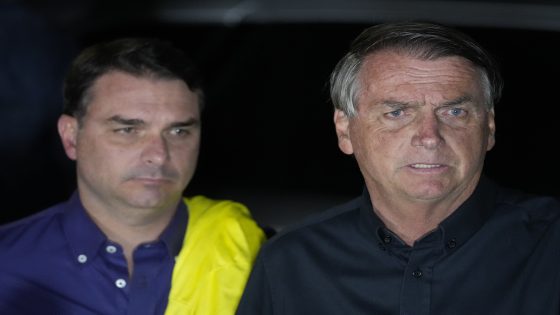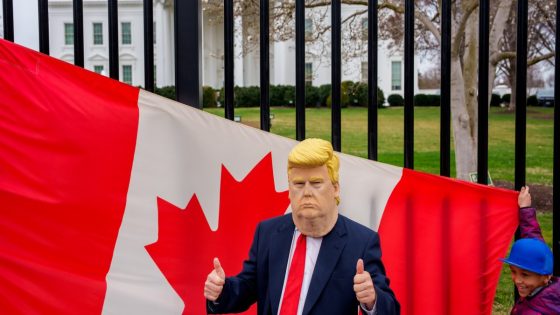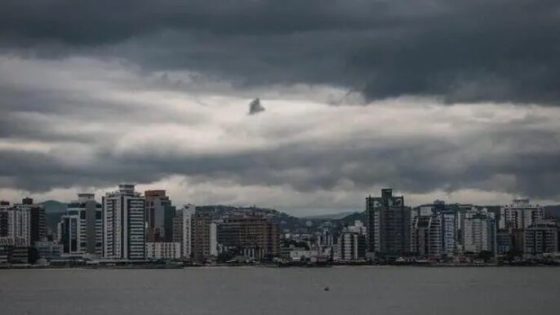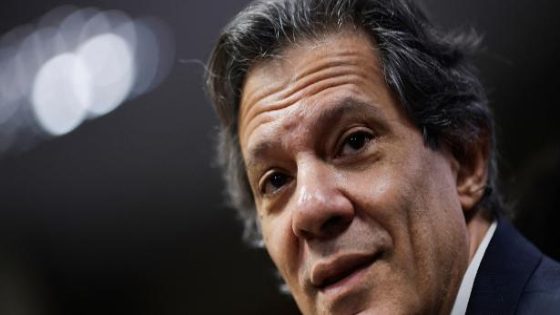On February 18, 2025, Flávio Bolsonaro, son of former President Jair Bolsonaro, revealed plans to strategize on amnesty for those involved in the January 8 attacks. This move aims to position Bolsonaro as a leading voice against the Lula administration, raising questions about the future of Brazilian politics.
- Flávio Bolsonaro discusses opposition strategies.
- Bolsonaro aims to advocate for amnesty.
- January 8th attack involvement is highlighted.
- Allies view amnesty as a political strategy.
- Protests against Lula's government are planned.
Bolsonaro’s Strategy for Amnesty: What It Means for Brazil’s Opposition
What does this mean for Brazil’s political future? Flávio Bolsonaro’s comments indicate a significant shift in strategy for the opposition. The focus on amnesty could reshape alliances and mobilize support against the current government.
Understanding the Implications of Amnesty Discussions in Brazil
The push for amnesty by Jair Bolsonaro’s allies raises important questions. Could this lead to a resurgence of his political influence? The discussions are not just about legal relief but also about rallying support against President Lula’s policies.
The Potential Impact on U.S.-Brazil Relations
As Brazil navigates its political landscape, the U.S. must consider the implications of these developments. The focus on amnesty could affect how Brazil engages with international partners, including the united states.
- Increased political polarization in Brazil.
- Potential for unrest if amnesty is pursued aggressively.
- Impact on trade relations with the U.S.
- Shifts in regional alliances and influence.
Public Reaction and Future Prospects
Public sentiment around amnesty is mixed. Some see it as a necessary step for reconciliation, while others view it as undermining justice. The future of Bolsonaro’s political career may hinge on how effectively he can rally support around this issue.
In conclusion, the discussions around amnesty in Brazil are more than just legal strategies; they are pivotal moments that could redefine the country’s political landscape and its relationship with the U.S.
































